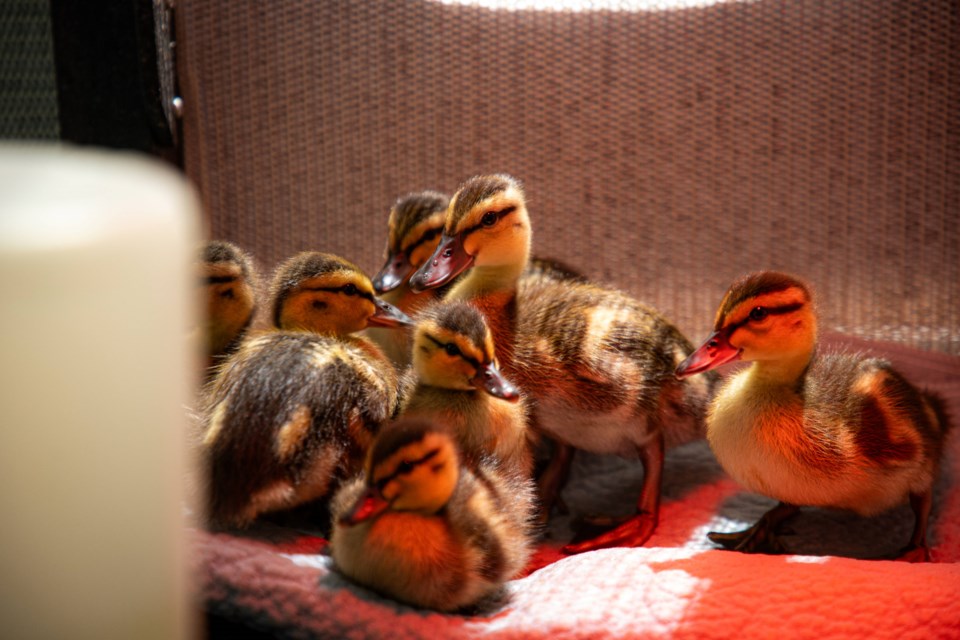The Wildlife Rescue Association of BC has been denied essential federal funding from the Canada Summer Jobs (CSJ) grant for the second consecutive year, leaving the organization with a $60,000 funding gap and creating a significant staffing shortfall during their busiest time of the year.
The rejection leaves the association without 12 crucial seasonal team members, essential for caring for the thousands of babies that come to Wildlife Rescue during the spring and summer months and responding to the hundreds of telephone calls and emails from the public daily.
“Without this funding, it’s a challenge to care for the hundreds of injured and orphaned baby animals, and to respond to the public when they find wildlife in crisis,” said Linda Bakker, co-executive director at Burnaby-based Wildlife Rescue.
For more than two decades, this federal grant has allowed the organization to bring summer students onto the team to learn professional skills in caring for wild animals, training the next generation of wildlife rehabilitators.
"This heartbreaking denial comes at a time when wild animals need our help the most," Bakker continued. "Each spring and summer, as human-wildlife encounters increase and nesting season is at a peak, we field thousands of reports about wildlife in distress and care for hundreds of orphaned baby animals admitted by concerned members of the public.”
Earlier this spring, Wildlife Rescue issued a call for support, and hundreds of community members contacted federal representatives demonstrating that Wildlife Rescue’s mission is seen as essential by the people and wildlife it serves. Despite this outpouring of community support, the federal government declined this funding request.
Wildlife Rescue is now calling on community members to help close the gap left by this funding loss, ensuring that vulnerable animals continue to receive the care they need. As a non-profit, the organization relies on individual and community donations for 80% of its funding.
Bakker said members of the public can sign up to volunteer or donate to support the organization during this challenging time via their website.
This article was written by Elin Molenaar, the communications coordinator at Wildlife Rescue Association.



